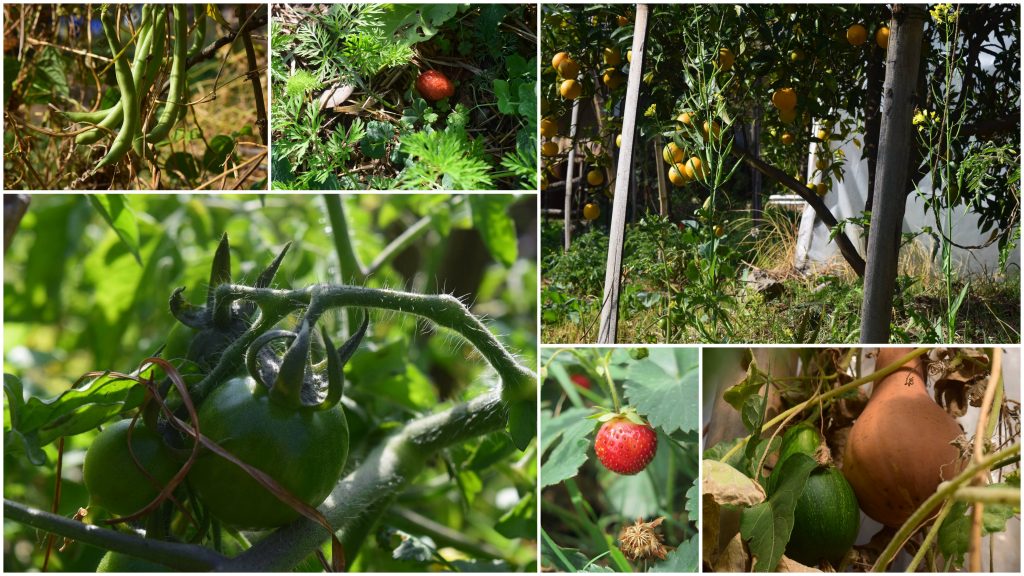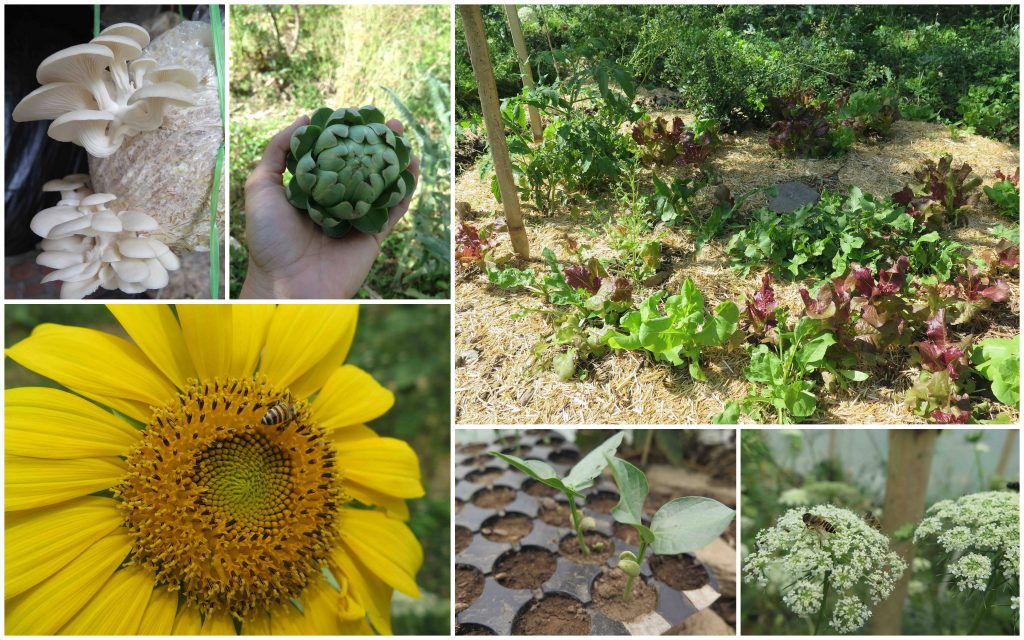Here’s another story of an Indian boy who pursued Engineering, but today is a farmer! What makes the story special is not the fact that he too was caught up in the grind and realized his calling after getting his engineering degree, which is the prevailing joke in our country. The speciality lies in how today, this man is not just farming, but doing deep and meaningful work; serving not just himself, but his family, his ecosystem, his farm, and the whole wide world in some sense. Who knew farming a one-acre land in the quiet and distant Bir, Himachal Pradesh – Shunya Farm, could mean much more than just growing and selling food! Meet Anshul Aggarwal, whose insights into farming bring you down to earth, both figuratively and literally.
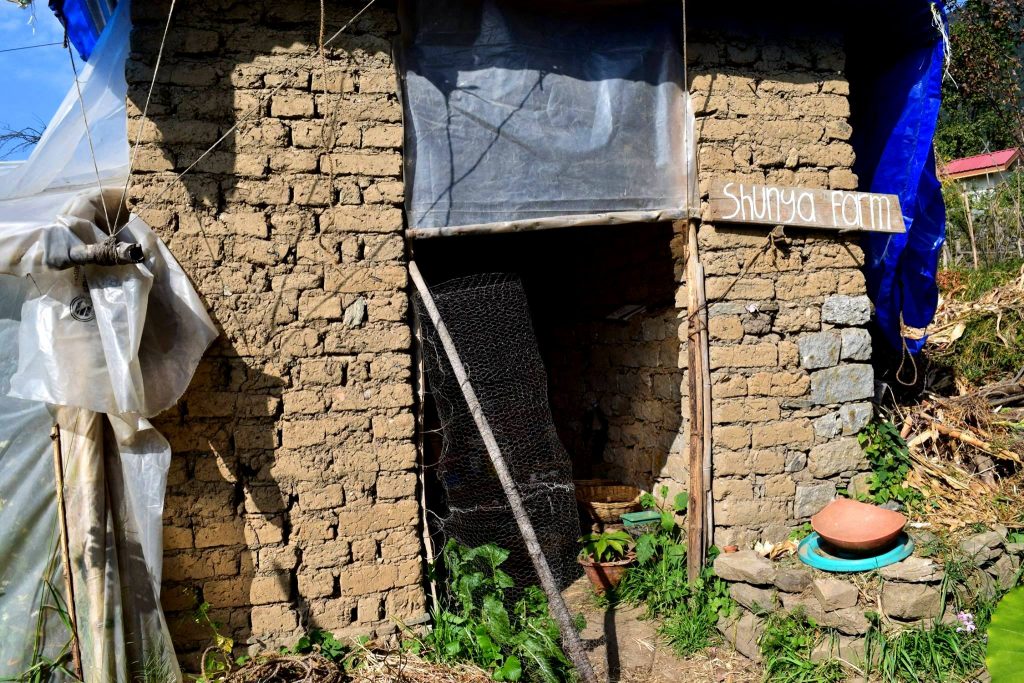
Journey From Education To Meaningful Work
Anshul says, “I studied in different cities because my father was changing jobs and until I was 14, I kept changing schools every couple of years. Since I liked the sciences, I was presented with the obvious options of Medicine and Engineering. Choice and life took me to Manipal for Mechatronics Engineering. I enjoyed what I was studying but couldn’t really understand how it was useful. This feeling continued to persist for a long time until a few years ago. After college, I wanted to work with something meaningful, still trying to understand what the meaning was. I started working with the Riverside School in Ahmedabad. I was a part of their Design for Change program.”
“I was suddenly exposed to the world of design and people trying to solve real challenges. The team at Design for Change and my experience working at Riverside for about 4 years, helped me understand the nuances of design, relationships and culture.”
“I moved to Auroville in 2014 to work with a community housing project. We were building houses from wood, bamboo, mud, and recycled material. It is here that I met my wife Angelica”, he shares.
“While designing a house for ourselves under the same project, we (Angelica and I) realized that we could not build a sustainable house without a sustainable landscape to support that house. We took a Permaculture design course in Auroville in 2014 and then moved to Kodaikanal to take care of a farm and implement an integrated design system with animals, fruit trees, food crops, houses and the larger village community.”
Anshul continues, “We packed our bags again in June 2016 and traveled in North Colombia where we witnessed dire hunger and thirst. In less than two generations, these indigenous communities have lost their soil, culture and any motivation to grow their food. With the deep desire to work on a land, we came to Himachal Pradesh where we have been since last year. We rented a one-acre farm and are growing food and trying to create a regenerative farming and living.”
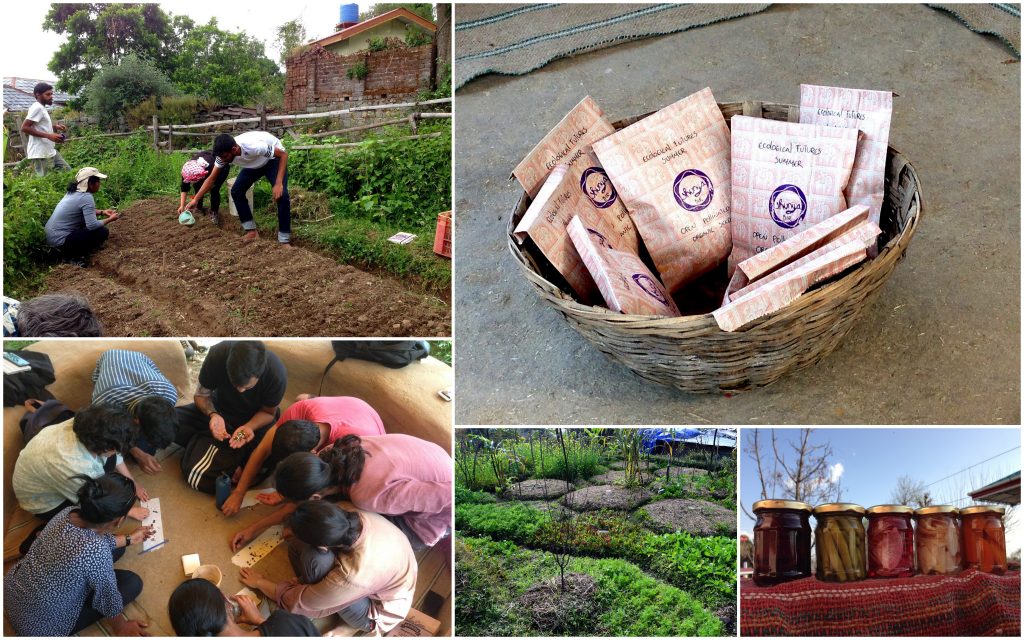
Learning From Teacher Nature!
When asked if his formal education has helped him become what he is today, Anshul says, “Of course, 16 years of education has given me a lot of information and skills. I have only been able to make sense of them in the past years.”
“Our biggest teacher in this work has been nature itself. Working with land teaches you a lot about life and yourself, which makes your work better. The most important skill in this work is that of observation and it can only be developed on the land while working.”
Meeting and working with the community of Auroville gave me a deep sense of confidence to pursue whatever work I wanted to. Confucius said that the best fertilizer on the land is the farmers’ footsteps. I believe he was referring to the intentions and actions of the farmer. Farming itself is a spiritual activity. A farmer’s spirit is embodied in the food that he helps grow. The healthier our spirit, the healthier the food we grow, which in turn helps us sustain our health.
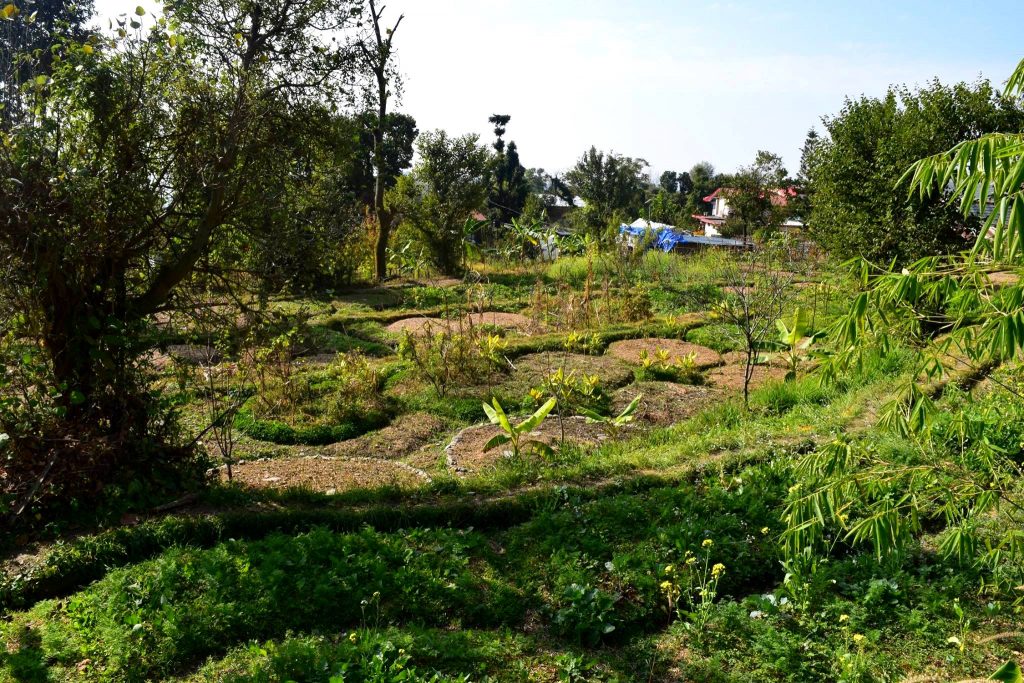
Shunya Farm – Where The Lines Of Separation Blur
Today, Anshul and Angelica run Shunya Farm in Bir. How did it come to be? Anshul says, “It just happened. We had been traveling to learn more about agriculture and farming, and seeing land to eventually buy a small piece and start working there when this land in Bir was offered to us. Since this land was only available for renting, we did not have to spend too much money and Bir seemed a nice place to live for a few years. We decided to go ahead in a couple of days time and we shifted to Bir and got down to work pretty quickly without thinking too much.”
“Our journey so far has taught us one thing- that we don’t really know too much. Our species has way too much information and technological skill but we have lost the connection with our environment and our context. Shunya was our way of imagining a unified living where mind and matter don’t exist in separate realms. We wanted to explore the edge where spirituality and science meet through our work on the farm and our life in this village. The zero or nothingness of separations that human mind has created is Shunya.”
Agroecology – Moving From Degradation To Connection
Anshul Aggarwal talks about how for the past 60 years or so, since the green revolution, agriculture has been thought of as a mining activity- mining nutrients from soil to feed people. Use of hybrid seeds, synthetic fertilizers, chemical insecticides and herbicides have all created a new kind of agriculture, which is designed to break ecological limits while degrading land and human health. He shares,
“Agroecology is a science which takes traditional farming practices and new scientific understanding into account, and imagines a farming system that is healthy both for the land and its larger ecosystem including human beings that grow and derive their food from it.”
Anshul further elaborates,
“It comes from the understanding that everything is connected; that farming is not just about sowing seeds and harvesting crops, it is a responsibility to maintain the health of an ecosystem, which helps to keep your land healthy, which in turn will provide you with healthy food for your own good health.”
Permaculture – Bringing Back Values & Ethics To Pursue Meaningful Work
According to Anshul, Permaculture is a design philosophy and science that emerged out of Australia in the mid-70s. It follows the process of design but with a set of ethics of care (Earth Care, People Care and Fair Share) and principles based on patterns in nature. These ethics and principles have been useful in articulating the processes in nature and mimicking them in human activities to create a harmonious human-nature relationship.
He says, “Today Permaculture is a global movement of people applying these ethics and principles not just in agriculture but business, organizations, communities and social groups.”
“Our world cannot continue to work the way it does right now for very long. Think of all the challenges that the world is facing right now. All these challenges and interconnected and interdependent and we cannot solve one without coming up with a solution for the other. The possibilities for the future are not locked up in some technological invention or a change in infrastructure. Our future possibilities depend on our mindset. It is the way we think and treat ourselves, each other and our planet that creates the reality we are in.”
Permaculture offers some tools to understand and builds these relationships!
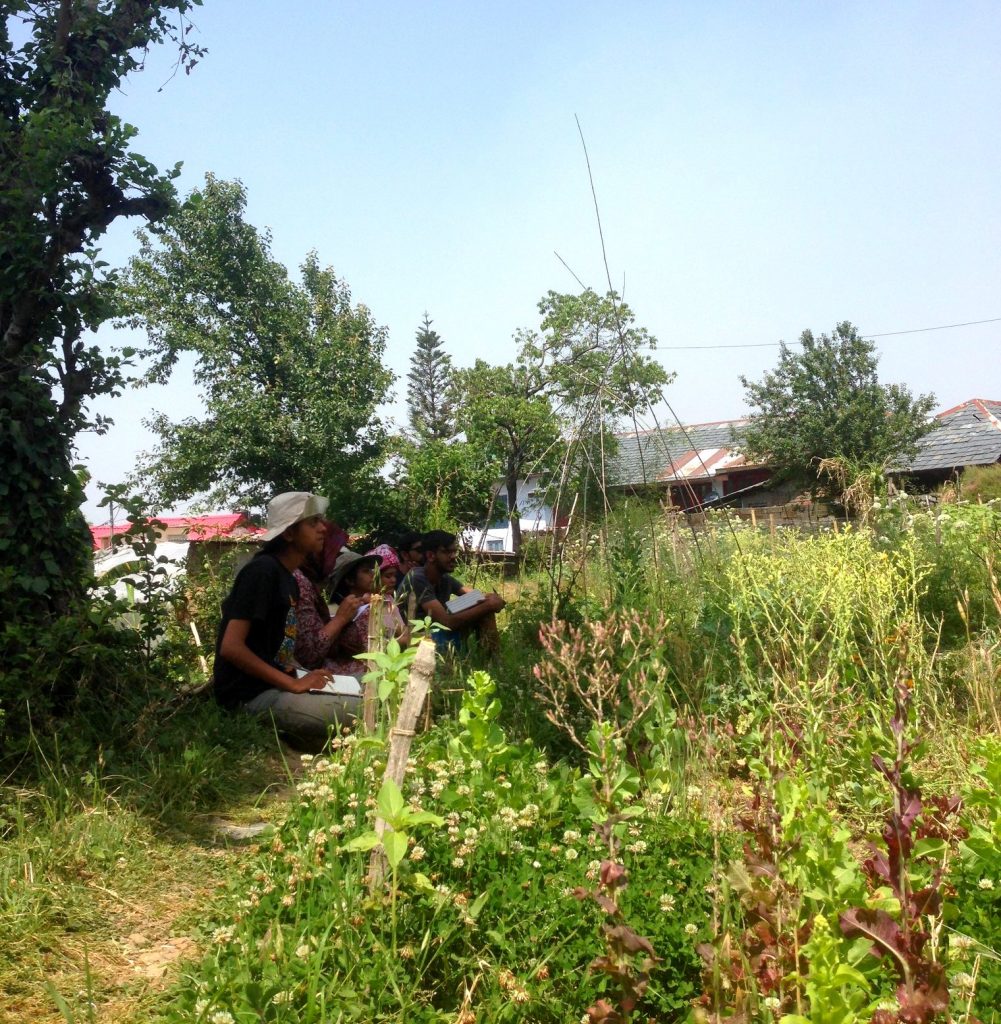
What Does It Take To Become A Good Farmer?
Anshul Aggarwal opines that a good farmer requires the skill of observation and most importantly, the willingness to work with nature and not against it.
He says, “Farming is a continuous discovery into the workings of nature and thus it is always challenging and fun. The biggest challenge has been my own mind. We had to forget a lot of things to develop a new way of thinking. Also, changing climate requires new crops and techniques, which is a very big challenge for old and new farmers.”
“I don’t think anybody who is not a traditional farmer can start by taking up farming ‘professionally’. Don’t be under the pressure and don’t put the land under the pressure to produce yields. This is a way of living; so take your time, learn from your land, observe the patterns and build a relationship with the soil. A healthy farm is productive and profitable spiritually, socially, economically and ecologically.”
Anshul reminisces, “It has been a very profound learning experience. Also very humbling to know that we cannot amass all the knowledge in one lifetime and that our lives are pretty short on a natural time-scale. This has helped put a lot of work into perspective.”
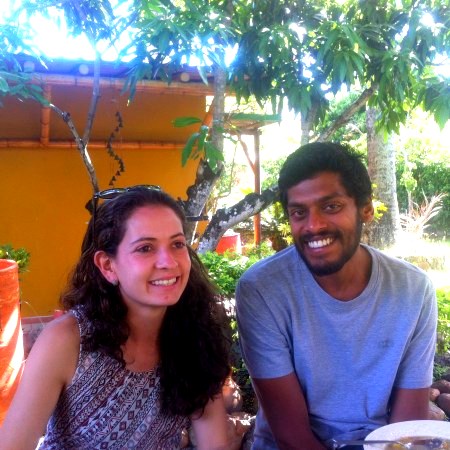
Takeaway – Habits That Help
“Being aware of the situation has given me the strength to respond and be honest about the work I do. This has saved me a lot of time and helped me to be effective.”
Liked reading this? Then you might also like Vasu Dixit – Making Soul Music With Swarathma To Entertain And Drive Social Change
If there’s any story that needs to be told, we will tell it. Write to us at contact@knowyourstar.com with your story lead, or contact us on Facebook or Twitter.
